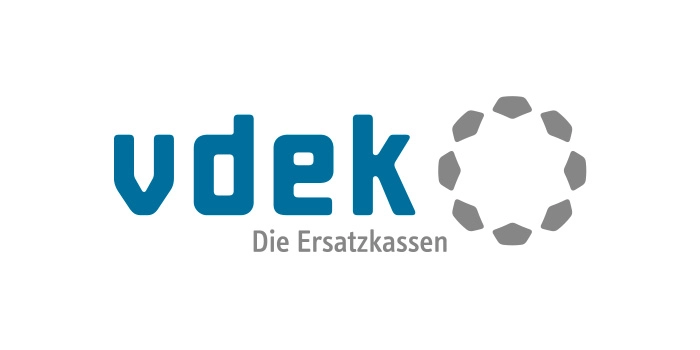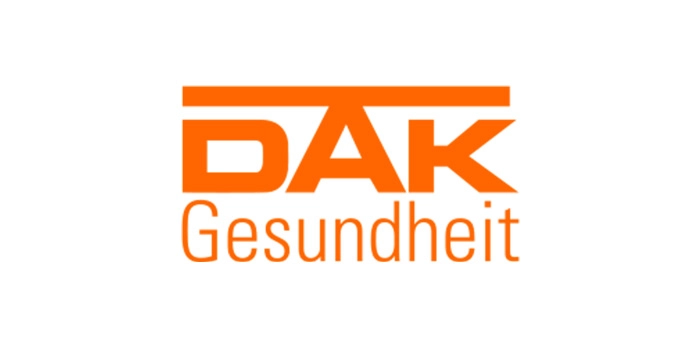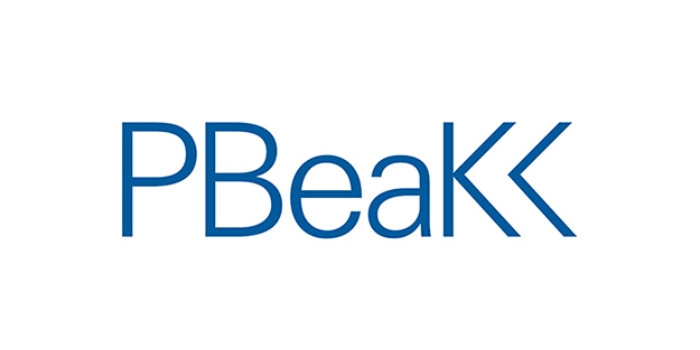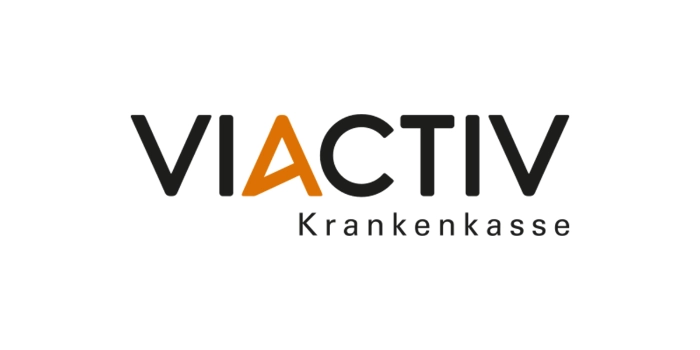DevOps bring effectiveness and efficiency together
Deploy applications and services faster and more easily: The use of DevOps as a model for implementing software development projects is increasingly gaining ground. However, reducing this approach only to the integration of development (Dev) and operation (Ops) would be too simplistic. DevOps only shows its advantages when the complete value stream of an IT-based product is considered holistically. This value stream starts with an idea or a requirement – and ends in the operative use of the system or the IT-based services by the consumer or customer. In a word: Based on agility, DevOps increases effectiveness and efficiency in equal measure.
Software and services as part of the services and products are changing the playing field on which companies operate: New skills and competences are required. Services must be available on a continuous basis. Today, we are no longer talking about an annual update of the product. Today, we are talking about new functions being available within weeks or even days.
A “digital production line” designed in accordance with DevOps principles fulfills this requirement. It brings together effectiveness and efficiency. A team takes full care of the product, it is capable of acting on its own and is sufficiently empowered to quickly solve any problems that arise. Processes are, as much as possible, automated and simplified — solutions are perfectly tailored to the requirements of the customer. Customers and their requirements determine the further development.
The added value of DevOps results from the combination of lower costs, increased employee motivation and unlocking potential. Until now, a cost-related consideration of profitability has often only taken into account the savings that can be realized directly. These savings are primarily from the increased level of automation, but also from a continuous improvement in product quality. This way, companies reduce costs for rework and error fixing. Freed-up capacities can be redeployed for the development of new functions.
The potentials, which are generated by faster time-to-market, rapid response to new requirements and high flexibility, are more difficult to measure. They are highly dependent on the effectiveness of your underlying business model. Not infrequently, however, they can far exceed the potential savings and must therefore be viewed on a differentiated basis.
msg offers a comprehensive, industry-related service portfolio. We advise you on the transformation of your business model – from the design and development of the solution to roll-out and operation on the market – all from a single source. We help you develop IT as an added-value factor and to align your organization accordingly.




















